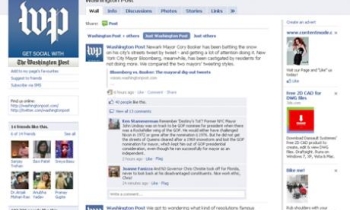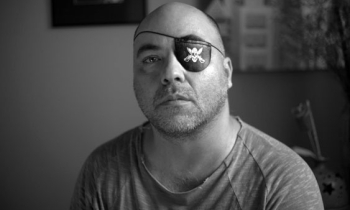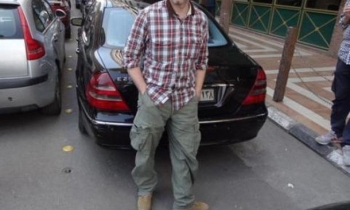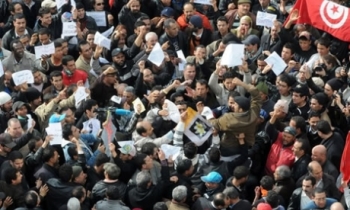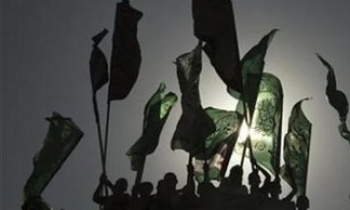A beleaguered Robert Mugabe has now threatened foreign correspondents with unspecified government reprisal in capital Harare over alleged biased reporting.

Prominent correspondents Jan Raath of the Times of London and Peta Thornycroft of Britain’s Daily Telegraph and US-based broadcaster Voice of America were singled out among foreign media reporters accused of reporting “fabricated stories,” according to a statement by the Information and Publicity Ministry. “Should this not stop, government may be forced to act against them...,” it said.
State radio and television, Zimbabwe’s sole broadcaster, and the daily Herald newspaper, a government mouthpiece, singled out the US network CNN for what it called biased reports on political unrest and the alleged assault and torture of opposition leaders, the Associated Press (AP) reported.
The threats were linked to news reports alleging that Angolan paramilitary troops would be deployed to bolster the security forces of Mugabe in response to unrest in the aftermath of a March 11 opposition rally. “[The] Government is also aware of false stories on our arms security, stories which are being concocted by a group of western foreign correspondents mostly reporting for British papers,” the statement said.
In an article published in the Times, “Angola sends ‘Ninja’ paramilitaries to bolster Mugabe’s security forces,” Raath had quoted Home Affairs Minister Kembo Mohadi as confirming the signature of a security cooperation agreement with Angola, according to the Committee to Protect Journalists (CPJ). But the government denied any pending deployment, according to news reports.

“It is totally unacceptable to threaten two respected journalists like Jan Raath and Peta Thornycroft because of their reporting,” said CPJ Executive Director Joel Simon. “We call on authorities to allow all journalists to report the news without fear of reprisal.”
In a separate statement, the Information Ministry in Harare said CNN’s editorial policy “echoed the United States government’s policy of regime change in Zimbabwe.” Both state television and radio have harshly criticised CNN’s Africa correspondent, Kenya-born Jeff Koinange, now mostly reporting on Zimbabwe from outside the country.
“Sadly CNN has embedded itself within such a treacherous imperialist policy ... it can no longer validate its claim to be a trusted source of accurate and balanced news opinion,” the statement said.
Zimbabwe is likely to hold a presidential election next year, and Mugabe will probably stand again, putting paid to any hopes that a new constitution will be written and an internationally supervised poll held, the Institute of War & Peace Reporting (IWPR) said. “I think the MDC and other forces fighting Mugabe are of the mistaken opinion that he will succumb to international pressure and change his ways,” said one analyst, who did not want to be named.
The security situation has become tense in Zimbabwe after opposition Movement for Democratic Change (MDC) leader Morgan Tsvangirai and nearly 50 others were arrested and then allegedly beaten up by the police. In a March 19 interview with Thornycroft, Tsvangirai had accused Mugabe of orchestrating the violence. But in a subsequent interview published in the same report, Security Minister Didymus Mutasa denied the allegations, according to the same source.
Zimbabwe’s government has been hostile to many Western media outlets, registering only a few to operate inside the country, according to international news reports. It is not the first time the two journalists have been targeted by the government over their reporting. In February 2005, Raath left the country following official harassment. In 2002, Thornycroft was detained for 72 hours on suspicion of violating Zimbabwe’s harsh press laws.

Four foreign journalists have been expelled under sweeping media laws enforced since 2003 — the British Broadcasting Corp is officially banned — and scores of independent local journalists have been assaulted or arrested and jailed under the media laws.
The long-ruling Mugabe, 83, ordered an often violent land redistribution programme in 2000 to seize white-owned commercial farms and hand them over to blacks, the AP report commented. The programme disrupted the economy of the former regional breadbasket, leading to acute shortages of food, hard currency, gasoline, medicines and other essential imports. Annual inflation now stands at 1,730 percent in Zimbabwe, and the International Monetary Fund (IMF) predicts it will reach 5,000 per cent by year’s end, sparking opposition activity.

